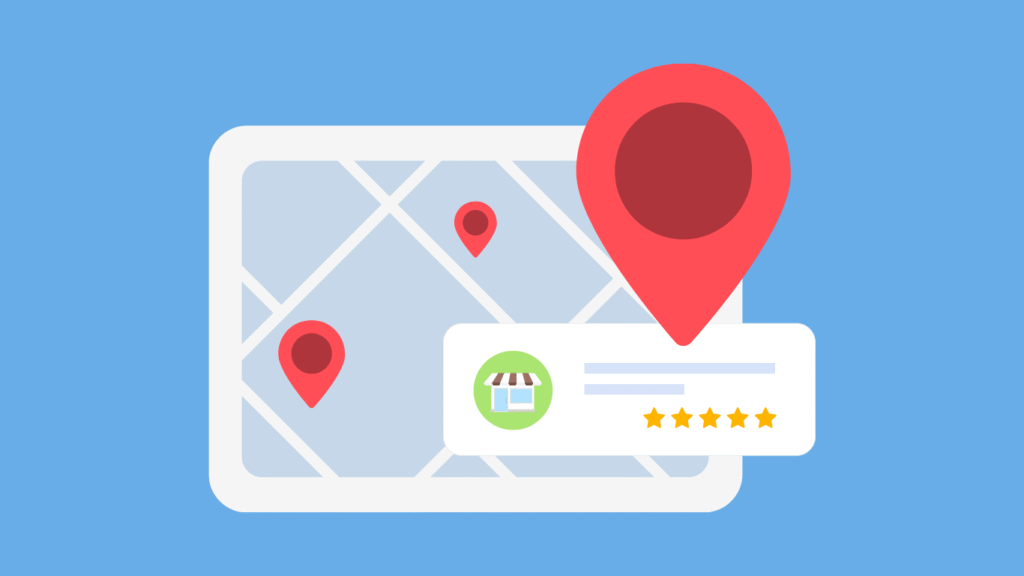As businesses grow more competitive in the digital landscape, ranking locally has never been more important. Whether you own a restaurant, law firm, salon, or consultancy, visibility in your geographic area is essential. This is where local SEO becomes your most powerful tool. Unlike general SEO, local SEO focuses on optimizing your business for a specific area or region, helping nearby customers find you easily. In this comprehensive guide, we will explore key local SEO tips for increasing traffic in your area and how to implement them effectively.
What is Local SEO?
Local SEO refers to the process of optimizing your online presence to attract more business from relevant local searches. These searches take place on Google and other search engines. People often search for services or businesses “near me” or include a location in their query, such as “plumber in Los Angeles” or “best dentist in Brooklyn.” Local SEO ensures your business shows up in these results and ranks high enough to drive meaningful traffic.
According to a study by Think with Google, 76% of people who search for something nearby on their smartphone visit a related business within a day, and 28% of those searches result in a purchase. This shows how crucial local SEO is for converting traffic into real business.
Optimize Your Google Business Profile
One of the first steps in your local SEO journey should be optimizing your Google Business Profile (GBP). This free tool is critical to appearing in Google’s Local Pack, Google Maps, and local search results.
Key Optimization Tips:
- Fill out every section: Include business name, address, phone number (NAP), website, hours, services, and business description
- Choose accurate categories that reflect your core services
- Upload high-quality photos regularly to showcase your offerings and premises
- Encourage customers to leave reviews and respond to them promptly
- Keep your information updated consistently
“Your Google Business Profile is like a digital storefront. Keeping it accurate and updated is crucial to attracting foot traffic and online clicks.”
Use Location-Specific Keywords
To ensure your website appears in local searches, integrate location-specific keywords throughout your site content, meta descriptions, page titles, and headers.
Examples:
- “Best Italian restaurant in Chicago”
- “Affordable web design services in Dallas”
- “Emergency plumber in Austin, TX”
Using these keywords makes it easier for Google to understand the geographic relevance of your content. Tools like Google Keyword Planner, Ubersuggest, or Ahrefs can help identify the most relevant local search terms.
Build Local Citations
Local citations are mentions of your business name, address, and phone number (NAP) on other websites. These citations help validate your business’s existence and enhance local search visibility.
Popular citation sources include:
- Yelp
- Yellow Pages
- Bing Places
- Foursquare
- Chamber of Commerce sites
- Local business directories
Best practices:
- Ensure consistency in NAP across all platforms
- Use structured citations (like directory listings) and unstructured citations (mentions in blogs, press releases, or articles)
- Monitor and correct inaccurate listings
| Google Business Profile | Structured | Free |
| Yelp | Structured | Free/Paid |
| Bing Places | Structured | Free |
| Local Blogs | Unstructured | Free |
| Chamber of Commerce | Structured | Paid |
Focus on Online Reviews
Online reviews influence not just consumer decisions but also local search rankings. Google considers both the quantity and quality of reviews when determining where your business appears in local results.
Tips to get more reviews:
- Ask satisfied customers to leave a review
- Provide a direct link to your GBP review page
- Respond to every review-positive or negative
- Handle negative feedback professionally
A business with a solid rating (preferably 4.0 and above) and a good number of reviews is likely to gain more visibility and customer trust.
Create Local Content
Creating locally relevant content is a powerful way to attract a regional audience. This can include blog posts, landing pages, or news updates that focus on your city, neighborhood, or even local events.
Content ideas:
- Guides to your area: “Top Things to Do in San Jose”
- Blog posts about local events or news
- Case studies or customer stories from local clients
- Interviews with local influencers or community leaders
Local content helps you connect with your community and provides more opportunities to rank for location-specific keywords.
Get Local Backlinks
Backlinks remain a core ranking factor in SEO. However, for local SEO, local backlinks-from websites within your geographic region-carry more weight.
Sources for local backlinks:
- Local business directories
- Collaborations with nearby businesses
- Sponsorships of community events
- Local newspaper websites
- Local chamber of commerce or professional groups
“Local backlinks act as endorsements from your community. They tell Google that you’re trusted by others in the area, boosting your visibility.”
Implement Schema Markup
Schema markup is a type of structured data added to your website’s code that helps search engines understand your content better. For local SEO, implementing Local Business Schema can improve your chances of appearing in rich results.
Key schema elements:
- Business name
- Address and phone number
- Opening hours
- Services
- Geographic coordinates
- Reviews and ratings
You can use Google’s Structured Data Markup Helper to generate schema for your site.
Optimize for Mobile and Voice Search
A significant portion of local searches happens on mobile devices and through voice assistants. Ensure your website is mobile-friendly, loads quickly, and displays information clearly.
For voice search, people tend to use conversational queries. Focus on answering questions your customers may ask, such as:
- “Where can I find a Thai restaurant near me?”
- “Who is the best real estate agent in Boston?”
Use FAQ sections, long-tail keywords, and natural language throughout your content to cater to voice queries.
Leverage Social Media and Local Engagement
While social signals are not direct ranking factors, social engagement helps amplify your content, attract more visitors, and increase brand awareness locally.
Social strategies for local SEO:
- Use location tags on Instagram, Facebook, and Twitter posts
- Partner with local influencers
- Join local Facebook groups
- Run local ads or promotions targeted by ZIP code or neighborhood
Your social media presence can drive more local visitors to your website and encourage foot traffic to your store or office.
Track Your Local SEO Performance
To ensure your local SEO efforts are working, you need to track performance regularly.
Key metrics to monitor:
- Local keyword rankings (using tools like BrightLocal or SEMrush)
- Website traffic by location (via Google Analytics)
- Clicks and views on your Google Business Profile
- Review ratings and volume
Set monthly goals and analyze performance to adjust strategies accordingly.
Local SEO Mistakes to Avoid
Many businesses unknowingly make errors that hurt their local SEO potential.
Common mistakes:
- Inconsistent NAP across directories
- Ignoring Google Business Profile updates
- Not asking for customer reviews
- Stuffing keywords without context
- Having a slow, unoptimized mobile site
- Ignoring negative reviews
Avoid these pitfalls by conducting a regular audit of your local SEO activities and maintaining a consistent presence across platforms.
FAQ Section
Q1: What is the most important factor in local SEO? A: The most critical factor is optimizing your Google Business Profile, as it directly impacts how your business appears in local search and on Google Maps.
Q2: How long does it take to see results from local SEO? A: Depending on your competition and effort, results can begin to show in as little as 3-6 months. For more competitive markets, it may take up to a year to see significant improvements.
Q3: Can local SEO work without a website? A: While you can gain some visibility through platforms like Google Business Profile or Yelp, having a website dramatically improves your authority, keyword coverage, and credibility.
Q5: How many local citations do I need for good rankings? A: There is no fixed number. Instead, focus on building high-quality, relevant citations and ensuring that your NAP is consistent across all of them. Quality trumps quantity.


